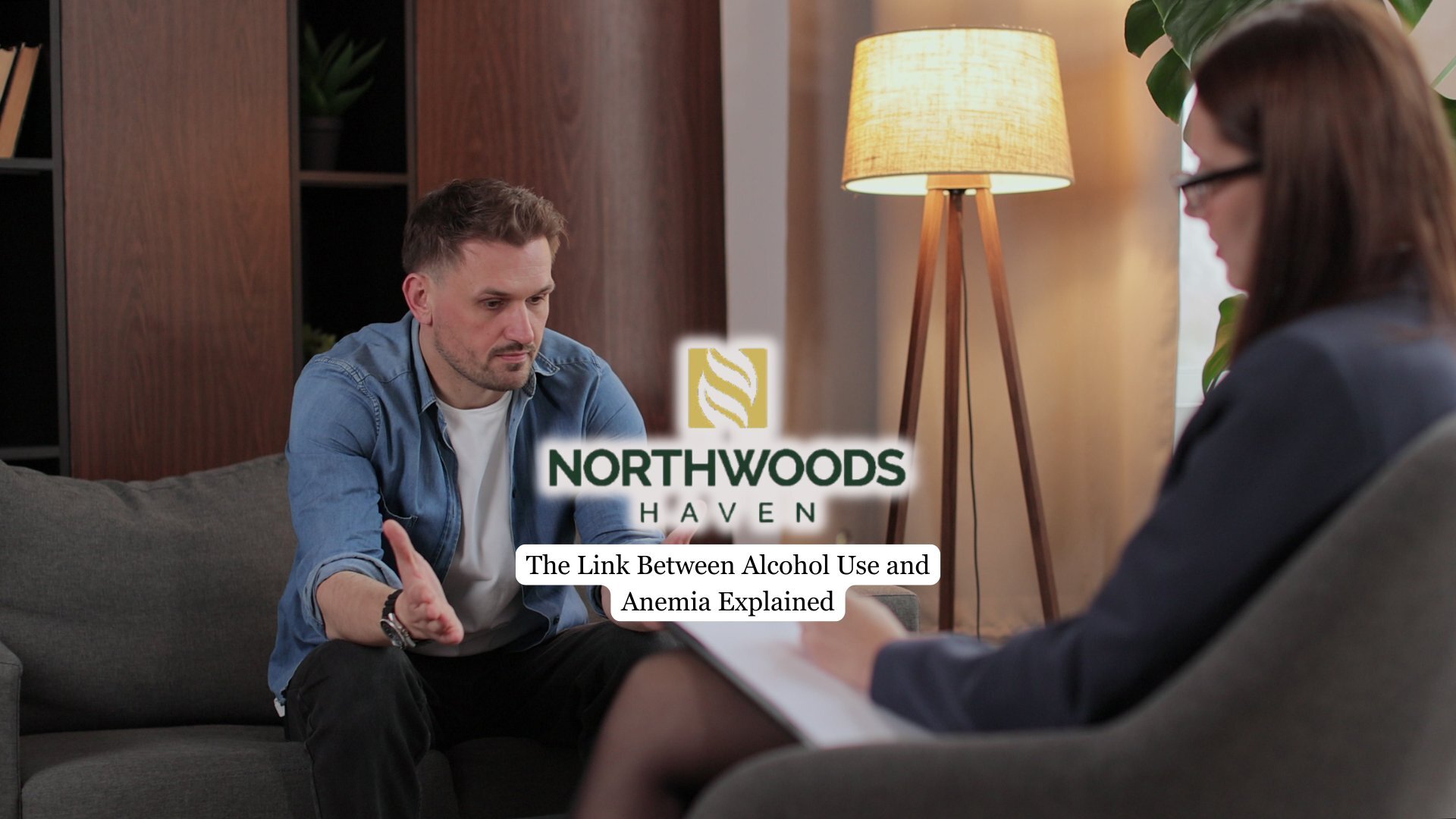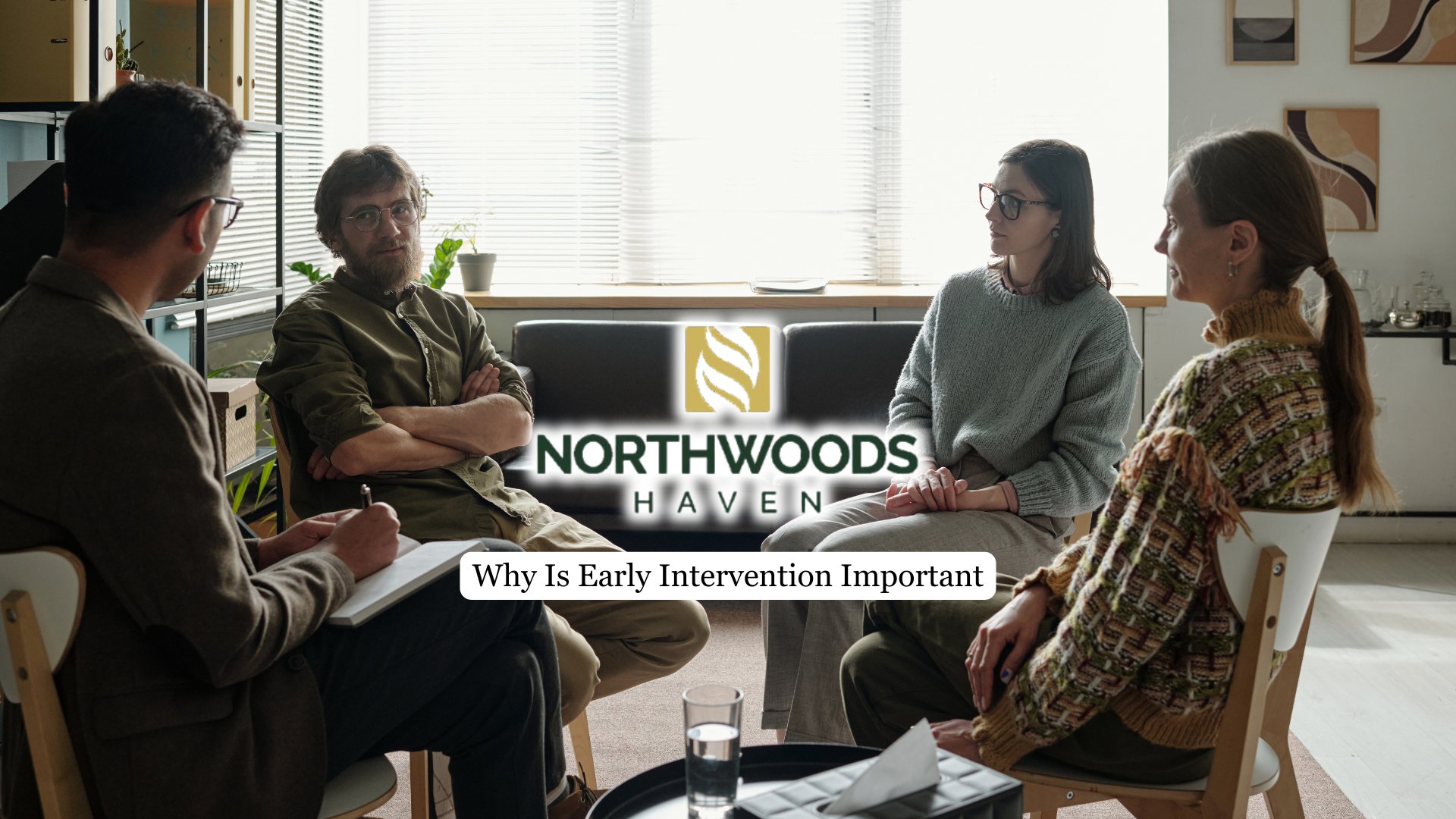Among the most recognized options for addiction recovery are SMART Recovery and AA (Alcoholics Anonymous). While both aim to support individuals in achieving and maintaining sobriety, their philosophies, methods, and structures differ in meaningful ways. Understanding these distinctions can help people choose the approach that best aligns with their needs and values.
What Is SMART Recovery?
SMART Recovery, which stands for Self-Management and Recovery Training, is a science-based program designed to empower individuals to take control of their recovery. Founded in 1994, it grew as an alternative to traditional twelve-step models. The program is built on cognitive-behavioral principles, encouraging participants to challenge unhelpful thinking patterns and develop healthier coping strategies.
Meetings are discussion-focused, with facilitators guiding participants through exercises that build self-awareness and problem-solving skills. Unlike programs that emphasize powerlessness, SMART promotes self-reliance and the belief that individuals can manage their recovery through practical tools and decision-making strategies.
For those seeking additional support, an outpatient treatment program like the one we offer at Northwoods Haven provides the flexibility to integrate SMART techniques while maintaining day-to-day responsibilities. Our structured outpatient services ensure continued personal growth and effective recovery management.
What Is AA (Alcoholics Anonymous)?
Alcoholics Anonymous, established in 1935, is one of the oldest and most widespread recovery programs in the world. Its foundation lies in the Twelve Steps, which encourage individuals to admit powerlessness over alcohol, seek guidance from a higher power, and engage in ongoing self-reflection and amends.
AA meetings are centered on fellowship, where members share personal stories and support one another. The program highlights the importance of community, humility, and spirituality as core elements of long-term sobriety.
Philosophical Approach to Recovery
One of the most significant distinctions in the SMART Recovery vs AA comparison is their underlying philosophy. AA operates on a spiritual framework, emphasizing surrender to a higher power and acceptance of human limitations. The language of the Twelve Steps is rooted in faith, which resonates strongly with those seeking a spiritually guided journey to sobriety.
SMART Recovery, by contrast, takes a secular approach. Its philosophy centers on self-empowerment, using evidence-based psychological strategies instead of spiritual belief. This makes it appealing to individuals who prefer a scientific framework or who may feel excluded by religious or faith-driven models.
Structure and Tools in Practice
AA meetings follow a structured format where participants share experiences, reflect on progress with the Twelve Steps, and connect through shared challenges. Sponsorship, where experienced members guide newcomers, plays a crucial role in building accountability and support.
SMART Recovery meetings, while also group-based, often incorporate worksheets, role-play, and exercises designed to strengthen problem-solving and coping skills. The program’s Four-Point Program addresses motivation, managing urges, handling thoughts and emotions, and living a balanced life. The use of these tools gives participants concrete strategies to apply outside of meetings.
Accessibility and Flexibility
Both programs are widely accessible, but they differ in reach and adaptability. AA has a global presence, with meetings available in nearly every city and many remote areas. Its size and history make it one of the most universally available support systems.
SMART Recovery, though newer and smaller, has expanded rapidly, particularly through online platforms. Its virtual meetings allow individuals who may not have local access to participate from anywhere.
The secular framework of SMART also tends to be more inclusive of people from diverse belief systems, while AA may resonate more deeply with those comfortable in a spiritually oriented community.

Effectiveness and Evidence
Research on these recovery programs is complex, and outcomes vary widely depending on individual needs and circumstances. Studies suggest that AA can be highly effective for those who commit to regular participation, with fellowship and sponsorship being strong predictors of success.
SMART Recovery, while less studied due to its newer presence, shows promising results for individuals who prefer structured, evidence-based strategies. Its emphasis on self-management and behavioral change aligns well with modern therapeutic approaches, making it a strong option for those who want practical tools over spiritual guidance.
The question of effectiveness often depends on personal fit. What works for one individual may not resonate with another, which is why exploring both options can be valuable.
Common Misconceptions
Some believe AA is strictly religious, but the program emphasizes spirituality rather than adherence to a specific faith. Similarly, a misconception about SMART is that it lacks community because of its focus on self-management. In reality, this approach fosters supportive group environments and meaningful peer connections, just through a different framework.
Dispelling these myths is essential, as misconceptions can prevent people from considering programs that may benefit them.
Choosing the Right Path
The program of choice should always align with a person’s values, beliefs, and recovery goals.
Those who thrive on spiritual growth and shared fellowship may find AA’s model deeply fulfilling. Individuals seeking a science-based, self-directed path may connect more with SMART Recovery’s approach.
The best choice is the one that resonates most strongly with an individual’s needs and encourages them to stay committed to sobriety. For some, combining elements from both programs may even provide a balanced support system.
Final Thoughts from Northwoods Haven Recovery
Comparing SMART Recovery and AA reveals two powerful but distinct pathways to overcoming addiction. Both approaches provide meaningful support, but their differences allow individuals to choose a program that fits their personal philosophy and lifestyle.
At Northwoods Haven Recovery, we recognize that each individual’s addiction treatment process is unique. Our outpatient programs in Minneapolis, MN incorporate a variety of therapeutic approaches, including both SMART Recovery and AA principles, to provide personalized, holistic support that strengthens long-term healing and fosters sustained sobriety.



